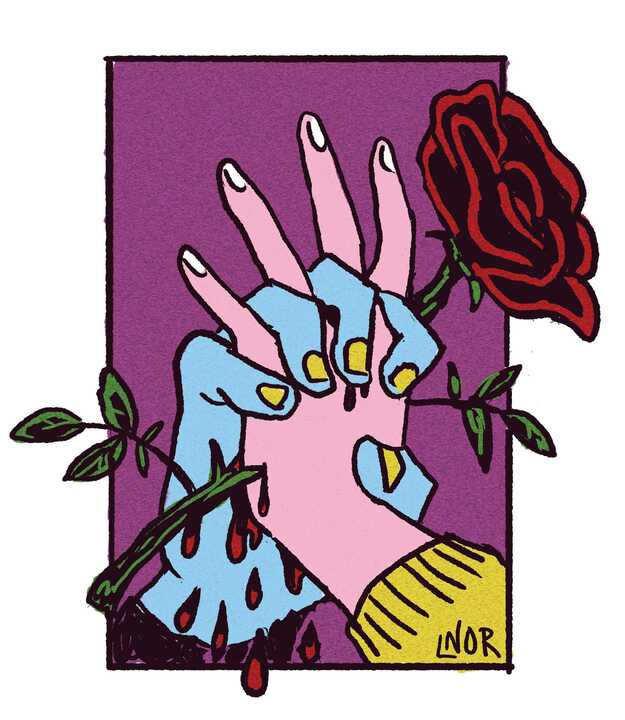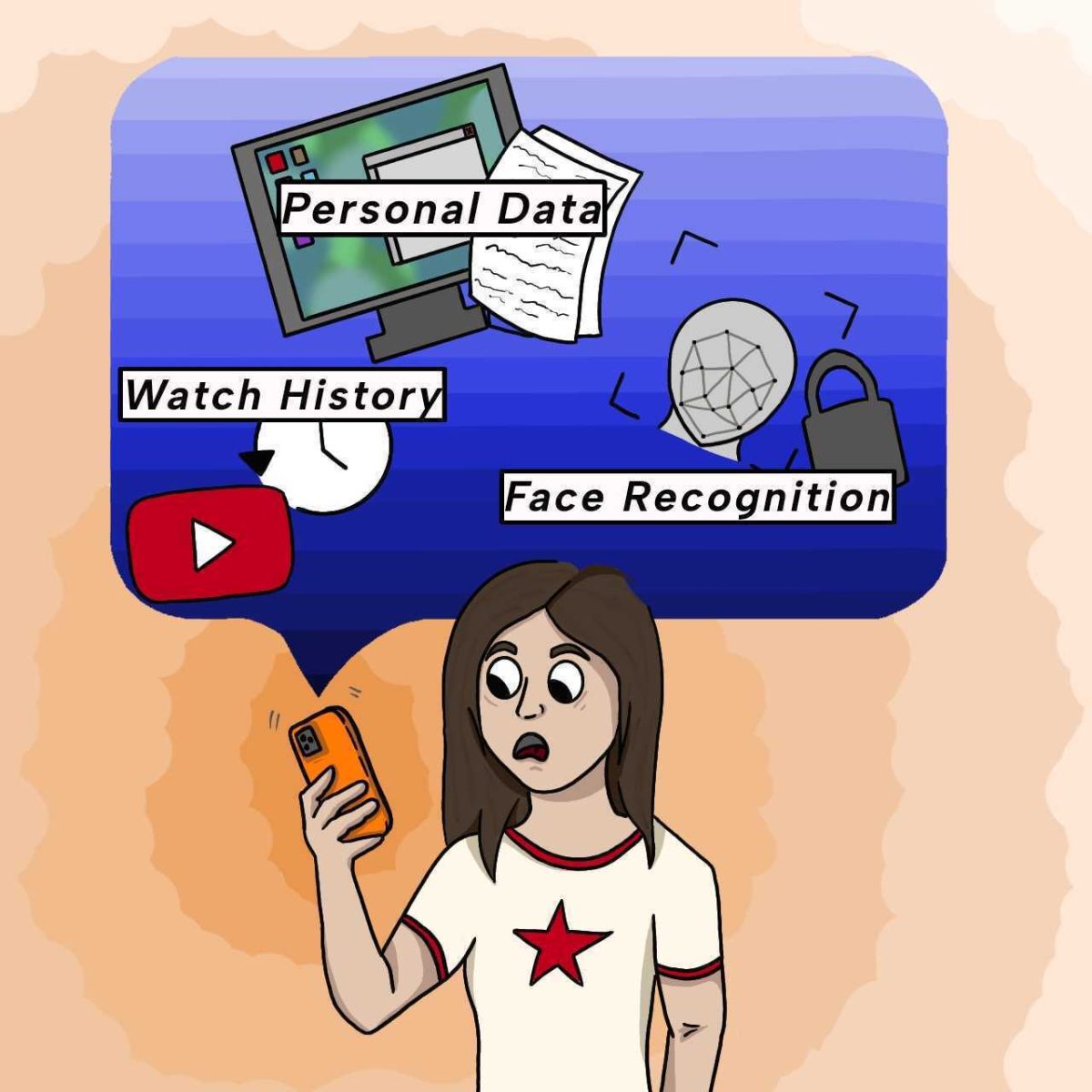If you were once a young girl, you might have experienced teasing on the playground by a boy, followed by the adult response: “He’s mean to you because he likes you.”
“Yeah, I heard it all the time,” said Alondra Rodriguez, a first-year accounting major. “I thought it was normal though because that’s all I heard from my teachers when I would tell them a boy was mean to me on the playground.”
When an adult says “he’s mean because he likes you” to an impressionable young child, adults are teaching children to accept abuse.
While the saying may seem insignificant, it is teaching women that when a man disrespects her, it’s love.
Kathryn Cady, professor in the department of communication, said repetition of phrases such as “he’s mean because he likes you” makes them more harmful.
“Repetition makes people more likely to believe something is true,” Cady said. “I mean, at least it can be like that. That’s the biggest thing that I would say is harmful in repeating that phrase.”
Sure, he may like you, but he will never respect you. A man that truly respects a woman will never be cruel to her, which is the opposite of what adults are teaching young girls.
Adults need to stop repeating harmful phrases such as “he’s mean because he likes you.” Harmful phrases like these could lead to long-term effects such as abuse.
One in 4 women over the age of 18 have experienced physical violence by an intimate partner over the course of their lifetime, according to the Domestic Violence Hotline.
As adults teach children the wrong definition of love, they are also teaching young men that consent is irrelevant.
Education surrounding consent should begin at a young age, and — by employing the idea that violence is love into both young girls’ and boys’ heads — adults are doing the opposite.
While childhood teasing is common, lessons such as these can eventually lead to beliefs such as “he hits me because he loves me.”
Although abuse may seem like a stretch, it’s not entirely out of the question.
In a video posted in 2014 by teenage blogger Romina Garcia, who had gone viral for defending domestic abuse on the Dr. Phil show, Garcia tells young girls they should appreciate their boyfriends if they are willing to hit them.
“If your boyfriend or the guy you’re with hits you or beats you up, stay with him. (He) loves you.” Garcia said in the video.
Young children are naive and impressionable, which means the lessons adults teach them should be lessons that are going to positively impact their life going forward.
Cady also said parents can play their part in teaching their children about healthy relationships.
“The best thing that parents can do is to have a whole environment where their child knows that love, respect and care are what they deserve,” Cady said. “In some ways, that’s the strongest way to communicate that to someone, as parents, to have a whole environment like that.”
Children need to know that separating themselves from people who do not treat them with respect is OK, and it is not a precursor to a loving relationship. The conversation surrounding consent and respect should start young, and the phrase “he’s mean because he likes you” is not helping anyone.




















